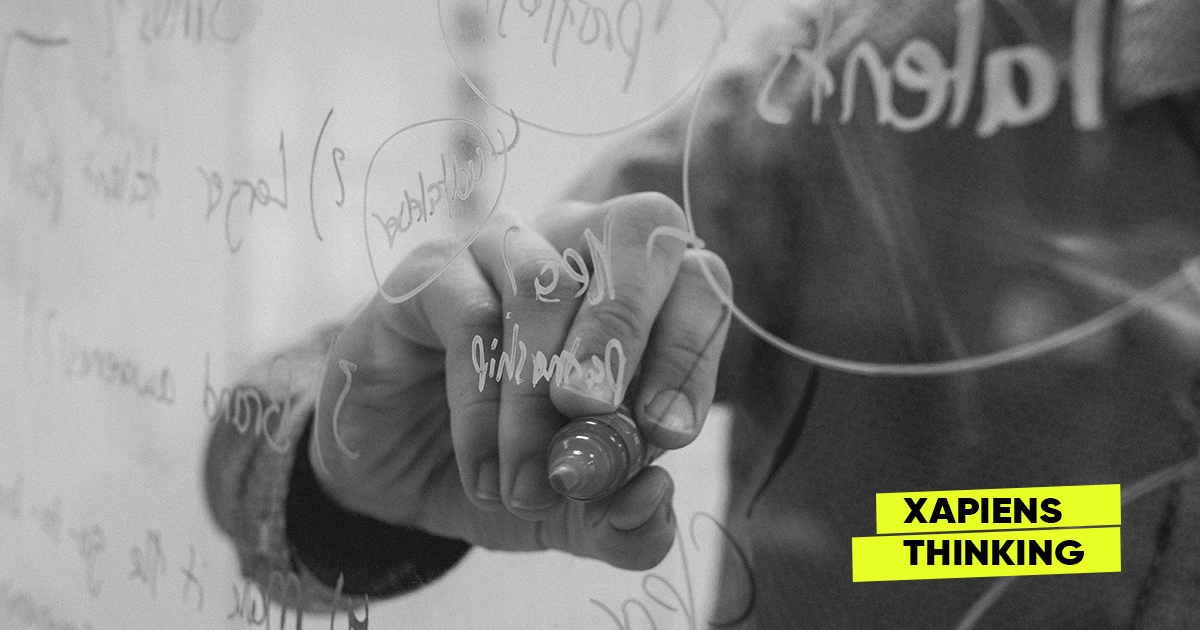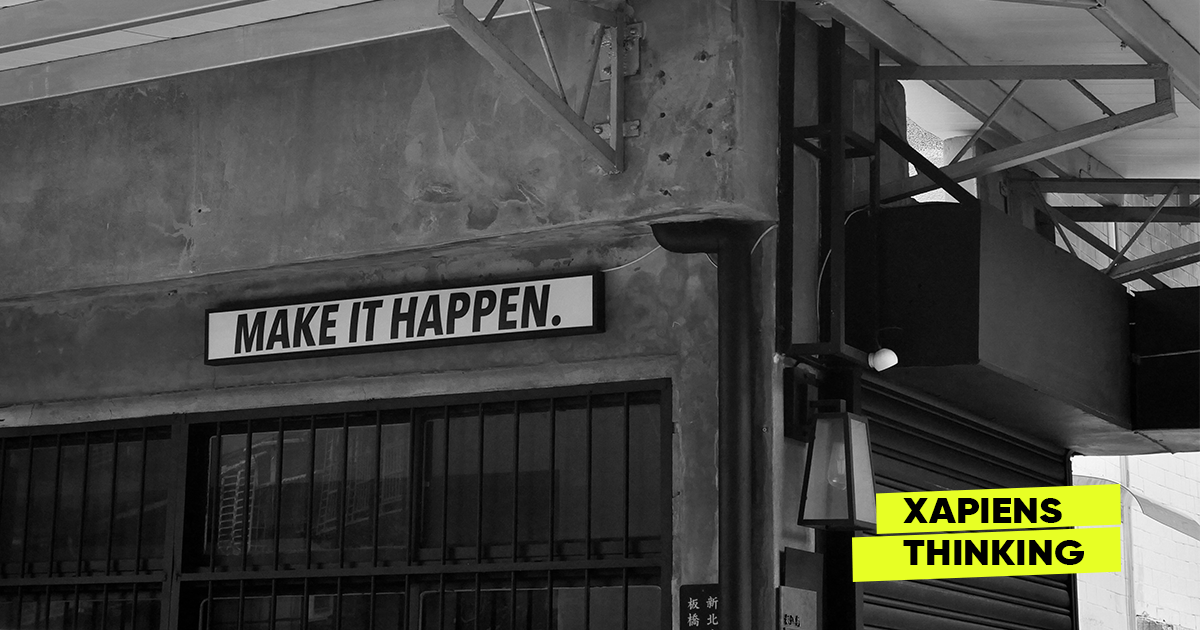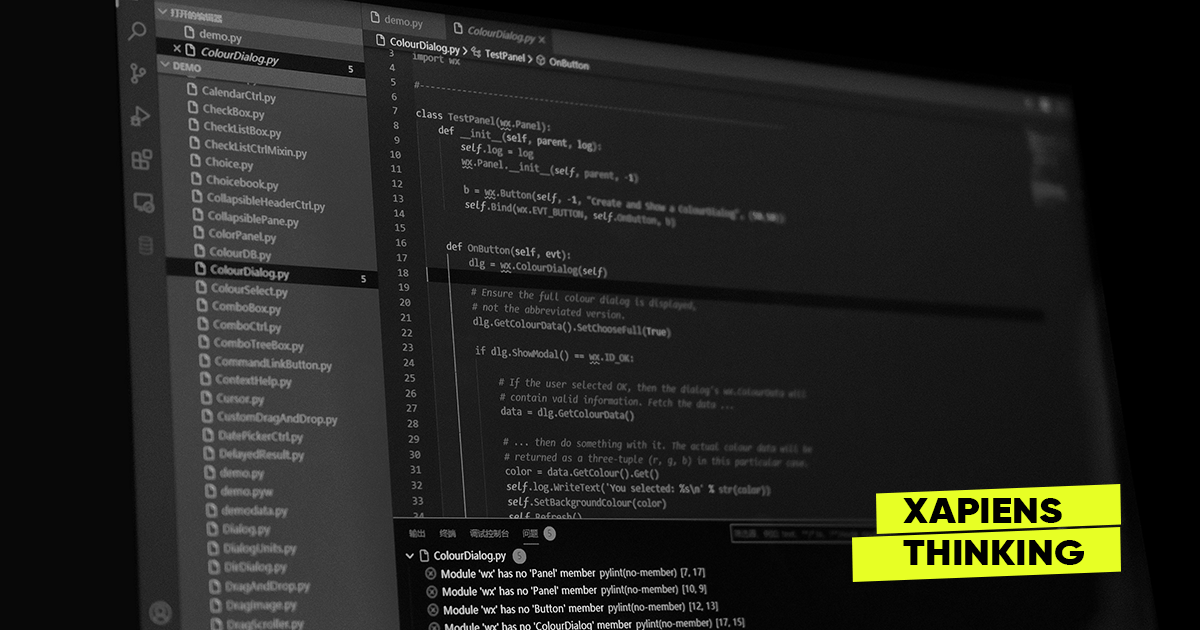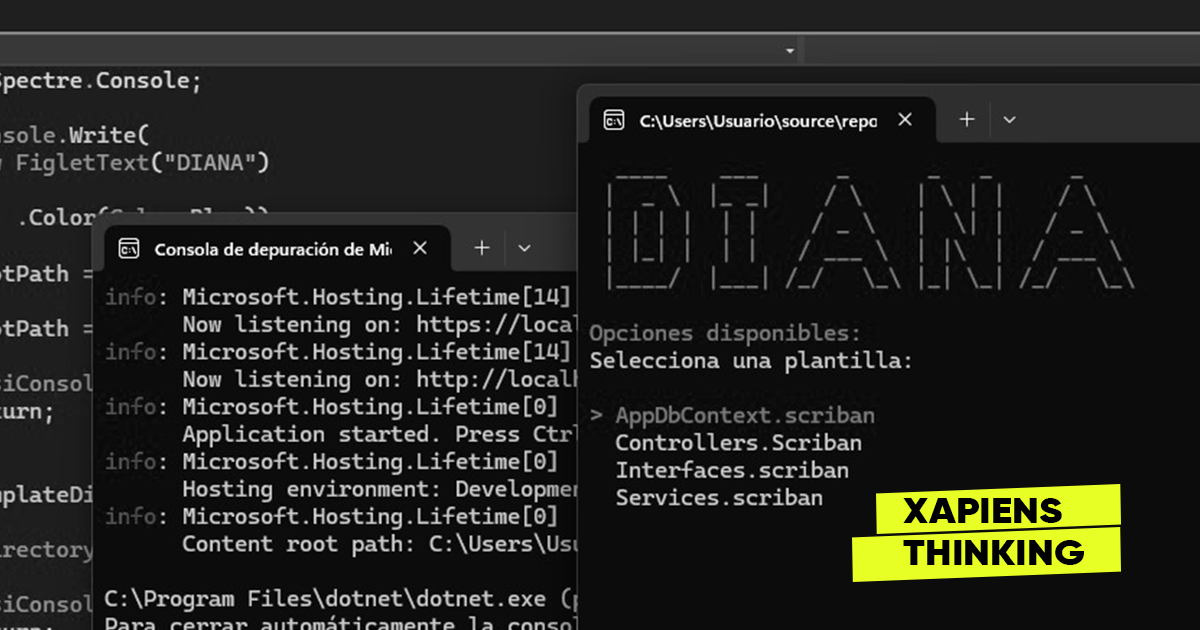XIPE GROUP
TECHNOLOGY MADE SIMPLE
OUR MANIFESTO

At Xipe, we believe in the power of collaboration, both with our clients and within our team. Creativity and fresh thinking drive us as we strive to make a positive impact in everything we do. Join us on our journey to create something extraordinary together.
SIMPLICITY
It is about making things easier for everyone.
By finding simplicity we enhance user experiences, improve efficiency, foster innovation, and build stronger relationships.
CURIOSITY
Curiosity drives exploration, learning, and innovation. By cultivating a culture of curiosity, we can enhance our ability to adapt, solve problems, and stay ahead in a rapidly changing world.
BOLDNESS
Empowers organizations to take decisive actions and pursue ambitious goals, and ensuring sustained growth. For our customers, this means consistently receiving innovative, high-quality products and services that meet their evolving needs and exceed their expectations.
INGENIOUSNESS
We believe that ingenuity is our greatest strength! It fuels our innovation, drives our creativity, and empowers us to solve complex challenges. Together, we turn bright ideas into impactful solutions.

TESTIMONIALS
Xipe adapted to the client's needs with technical ability and emotional intelligence. Their workflow increased the client's productivity, as well. They were open and transparent about their process as they kept their prices affordable and competitive in the market."
James Charles, RTA Fleet
The technically-proficient team led a transparent process by leading regular meetings and communicating well. Their focus on client satisfaction was reflected in their willingness to accommodate all changes and requests quickly."





